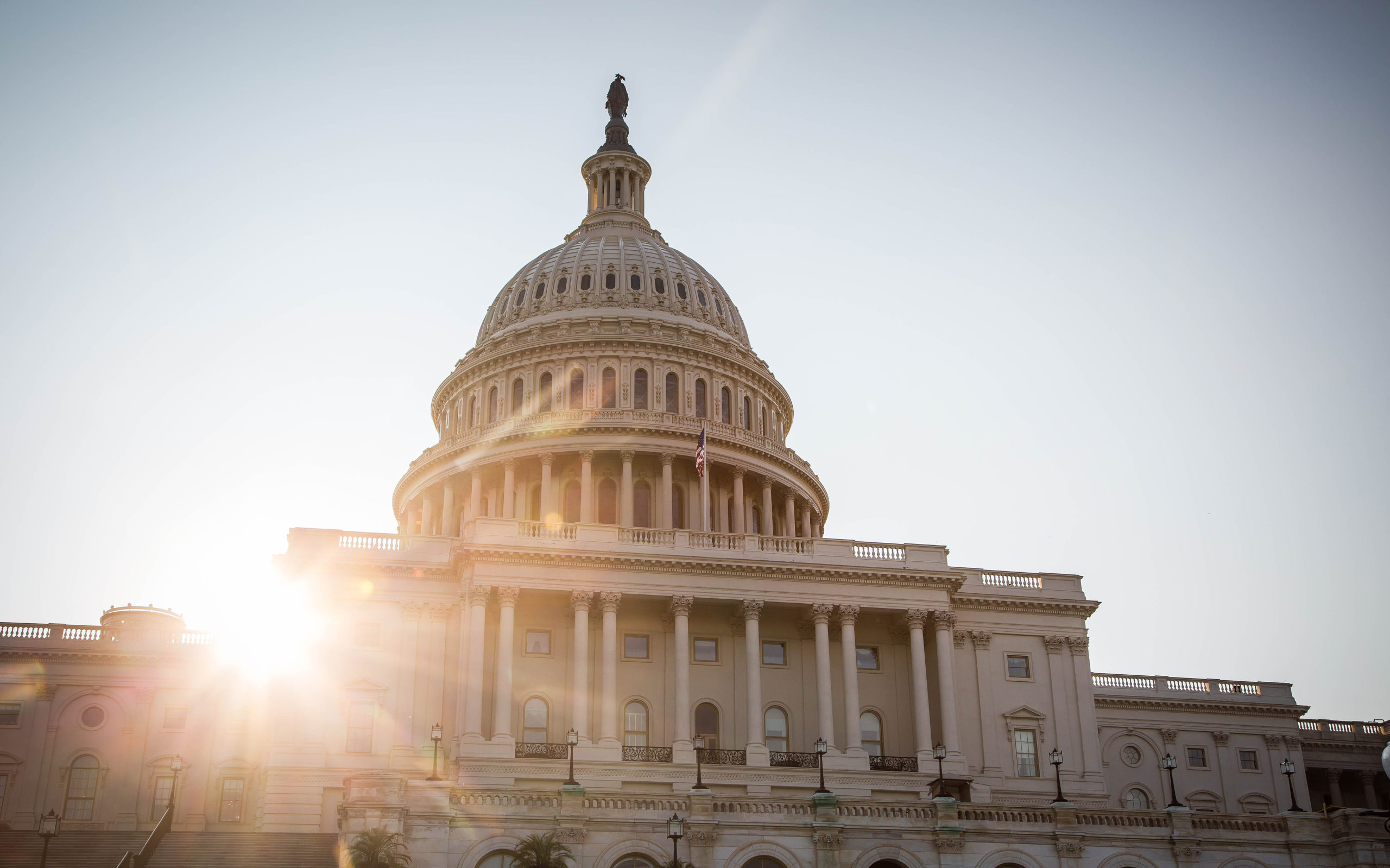Particularly in the wake of the tumultuous events of last week, it feels as though America’s divisions are so deep that our government cannot take meaningful action. However, there have been recent moments of successful bipartisan cooperation that deserve celebration. Earlier this month, a measure ending anonymous companies in the United States became law after both Chambers of Congress voted to override the president’s veto of the annual defense bill. This win in the battle against corruption has received broad attention in US and global media outlets. The widespread media coverage of this pivotal moment in the fight against money laundering exemplifies its scope. Strong US implementation could mean a new era in the fight against kleptocracy.
The Financial Accountability and Corporate Transparency (FACT) Coalition, which led the organizing effort, praised the enactment of the Corporate Transparency Act for effectively ending the abuse of anonymous shell companies. This win could only have come from a massive effort to mobilize one of the most ideologically diverse constituencies to ever lobby for anti-money laundering reform. Supporters of this transparency measure eventually included hundreds of national security experts, police and prosecutors, banks and credit unions, CEOs, the real estate sector, large businesses, small business owners, faith groups, anti-human trafficking groups, human rights organizations, global development NGOs, anti-corruption advocates, labor unions, and both conservative and liberal think tanks. The campaign was so successful that the State of Delaware and the U.S. Chamber of Commerce — both of which had previously opposed reform — ultimately endorsed transparency. This impressively broad support was echoed in the coverage of the passage in the Washington Post by Jeane Whalen “The anonymous-shell-company ban was years in the making, as supporters slowly built a coalition of Democrats, Republicans, law-enforcement officials and even business groups that originally opposed the idea, such as the U.S. Chamber of Commerce.”
Despite the presidential veto of the defense spending bill, FACT was still able to maintain support for the law that “virtually every national security expert, law enforcement official, and human rights advocate” called for, said FACT executive director Ian Gary on the House’s veto override on December 28th. The Senate’s move to approve the legislation with a veto-proof majority on January 1st affirmed the decade-long work of our “powerful alliance of ideologically-diverse constituencies to back an end to anonymous companies.”
FACT was able to move this forward by bringing our coalition around the belief that beneficial ownership “disclosure is the single most important thing we can do to crack down on money laundering,” as described by Senior Policy Adviser Clark Gascoigne to Bloomberg. This broad- based support was further exemplified by conservative press covering the historic win. The Washington Free Beacon included this salient quote from Patrick Yoes, President of the Fraternal Order of Police: “When we can expose the link between shell companies and drug trafficking, corruption, organized crime, and terrorist financing, law enforcement will be able to bring these criminals to justice and ensure that our citizens and our nation are safer.”
Banning anonymous companies goes far beyond small time criminals. As John Prendergast, co-founder of The Sentry pointed out in a Morning Consult Op-Ed: “…it’s not just gun-runners and drug traffickers who have regularly turned to anonymous shell companies for their money laundering needs. As we’ve seen time and again, the bloodiest regimes in the world – the greatest threats to basic human rights on this planet – have grown reliant on anonymous shell companies formed in the United States to launder their loot, to entrench their regimes, and to brutalize their population even further.”
Reporting out of Politico also highlighted the incoherence of U.S. anti-money laundering efforts. Quoted in the article, former Treasury Departmental official Chip Poncy commented “It doesn’t make a lot of sense for countries around the world to spend billions of dollars to combat trillions of dollars of illicit finance and on the other hand weaponize illicit actors by being serial incorporators of anonymous entities…It’s sort of masochistic.” This absurdity is compounded by the fact that there are more onerous disclosure requirements for obtaining a library card in all 50 states, as Clark Gascoigne noted in the Economist.
Congress voted on October 23rd to include the Corporate Transparency Act in must-pass defense spending legislation and victory was close at hand when both the House and Senate passed this legislation by veto-proof majorities in mid-December. FACT’s Ian Gary commented, “It’s the single most important change our nation can make to better protect our financial system from abuse,” in the Wall Street Journal. Clark Gascoigne echoed this in a recent interview with Vox, calling the legislation “biggest anti-money-laundering update that we’ve had in 20 years.”
There is no doubt that this major shift in anti-money laundering policy will not exclusively impact the US. As FACT and many others have noted over the years, the US is a secrecy jurisdiction–peddling anonymity to corrupt officials and criminals globally. Clark Gascoigne noted that as the US sheds its role as a transparency laggard, “we’re going to be able to push other countries to clean up their act.” With this bill we have the opportunity to shift the international paradigm towards more effective AML policy. This was not lost in the coverage of these events; Agence France-Presse syndicated coverage into newspapers worldwide including those in China, Saudi Arabia, Australia, Japan, Egypt, Malaysia, Nigeria, and Ireland. Despite its simplicity the significance of this piece of legislation is grand, as explained by Ian Gary in a recent Op-ed in NBC. “It’s not only a landmark anti-corruption victory, it’s a reminder that good things sometimes still happen in Washington.”

